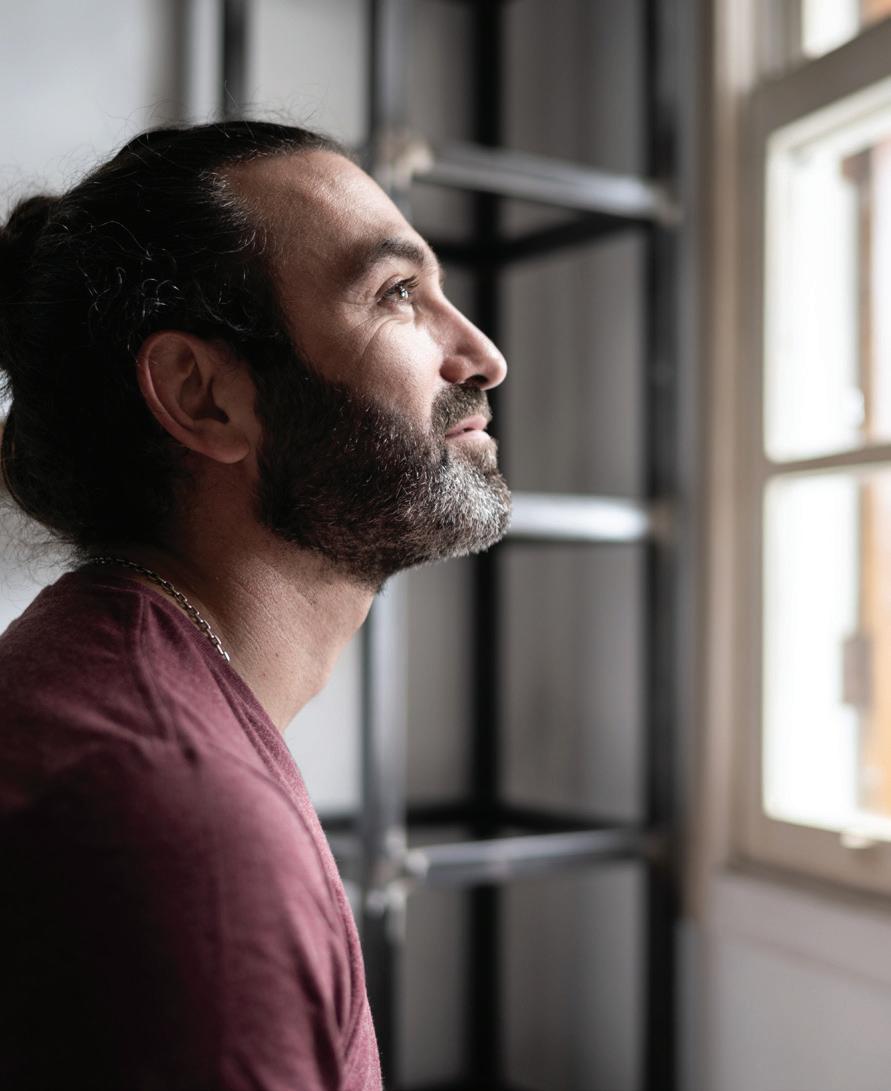
2 minute read
Why Being Grateful Can be Good For You
WhyBeing Grateful CAN BE GOOD FOR YOU
When most people hear the word gratitude, they assume it means simply thanking someone. But the act of being grateful runs much deeper. It is a mindset, an emotion and a way of looking at the world. So what’s so important about being grateful?
In some religions, gratitude is the very essence of what it means to be human. From
Judaism to Christianity,
Islam to Buddhism, gratitude is highly praised.
Yet even if you are not religious, there are benefits from being grateful for even the smallest of things.
A 2012 study found that grateful people experience fewer aches and pains and report feeling healthier than those who were not.
Of course, this also showed that grateful people are more likely to take care of their health, exercise more often and get regular medical check-ups.
Proving that point,
Psychology Today cites various studies reporting that people who are grateful report feeling less muscle and joint pain and are far more likely to take care of themselves.
Of course, you may say that those who are healthier must feel more gratitude. But a 2009 study reported that gratitude can act as a causal agent of well-being and a means of buffering against negative states and emotions. Meaning: gratefulness can lead to happiness.
And the fact is that you have the power to make a bad day into a good day by simply approaching your day with a glass-half-full mindset and looking for the positive in each situation.
And for that, the benefits run deeper than just feeling happy. It can mean improved relationships.
For example, a study of couples found that those who expressed gratitude for their partner felt more positive toward that person and were more comfortable talking about their relationship.
Other relationships, including those at work can also see improvement. Researchers at the University of Pennsylvania concluded that employees who heard messages of gratitude from their managers were 50% more productive in certain tasks.
Here are a few ways to include gratitude into your everyday life. 1. Keep a gratitude journal. Make it a daily habit to write down what you are grateful for. It doesn’t have to be a long entry, it can just be a few sentences each day. 2. Write a thankyou note. This not only expresses your thanks, but can also nurture your relationship with the recipient. Try to send one at least once or twice a month. 3. Meditate. Mindfulness meditation means focusing on the present moment without judgment. 4. Pray. For those who practice a faith, praying is another way to cultivate gratitude. 5. Create a gratitude jar. Just add slips of paper with short written notes on what you are thankful for. Next time you are feeling down, just take a slip of paper out to remind you of something good in your life. 6. Create a gratitude map. Design a board with pictures and drawings of things you are grateful for; make it as fancy and decorated as you wish and hang it somewhere where it will be a reminder to you every day.
Gratitude is the state of being grateful. It involves recognizing the positive in your life and how it affects you. This can range from the beautiful sunrise to recovering from an illness. There are no rules.
So practice gratitude in your own way and reap the many rewards daily.










